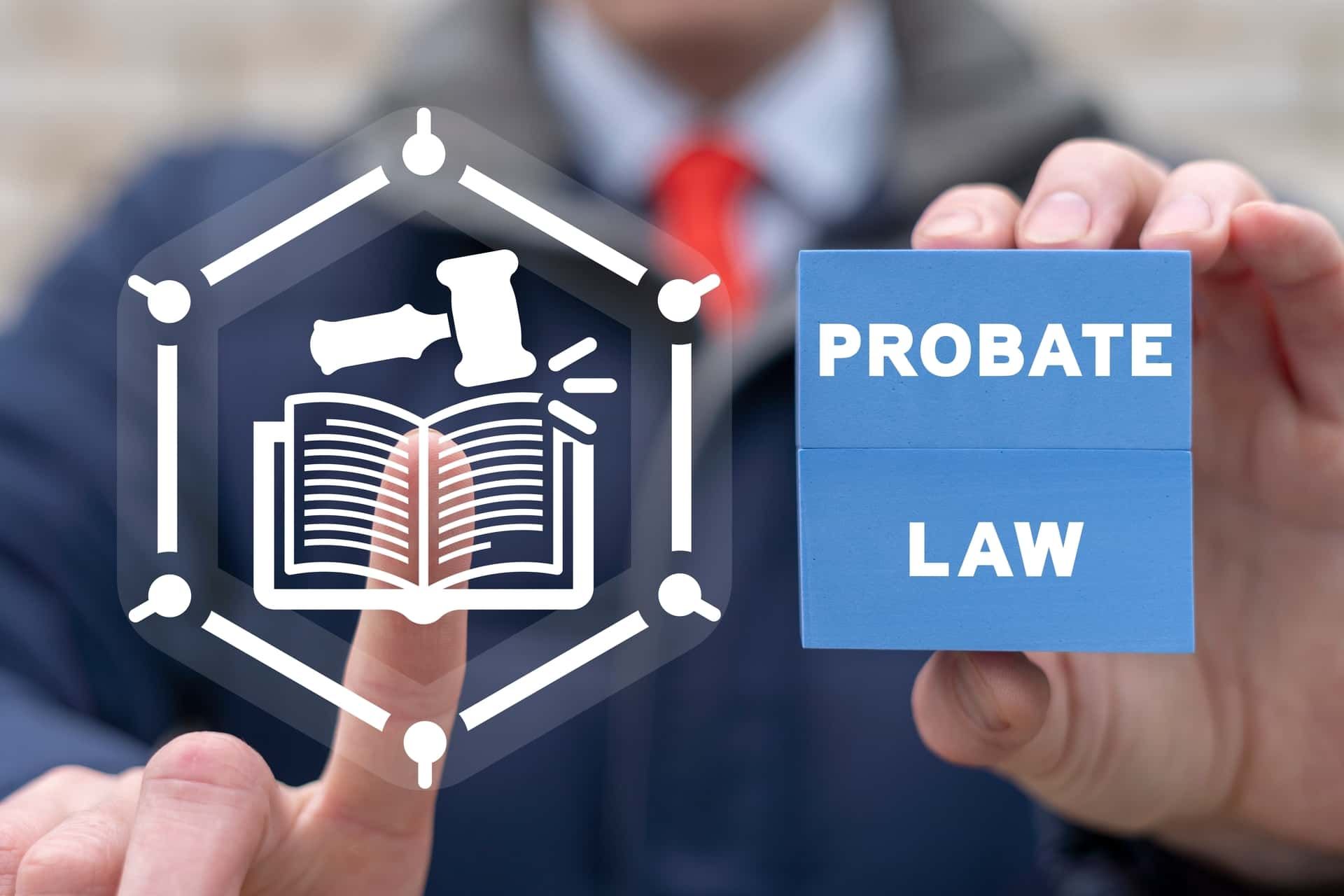What Are the “Dirty Dozen” Tax Scams this Year?
Sadly, the current pandemic has not stopped scammers from trying to commit crimes and victimize law-abiding citizens. In fact, the pandemic has put those scammers into high gear. Fortunately, the Internal Revenue Service (IRS) has done its level best to try to alert taxpayers in the country before scammers are able to do their dirty work.
This past month, July 2020, the IRS came out with a news release with its annual “Dirty Dozen” list of tax scams, putting a particular focus on the zealous schemes related to the coronavirus tax relief, including the $1,200 check that most Americans received this past March.
In this article, we will go through those “Dirty Dozen” scams so that you can be aware of what to avoid when you get suspicious, or at least unsolicited email or letter, regarding your taxes.
If, after reading this article, you would like to have additional information, we invite you to call the tax scams attorney in Florida , Mary E. King, P.L. The Law Office of Mary E. King, P.L. can make sure that your tax issues are resolved efficiently and at the lowest cost to you. Please fill out our online contact form , or call us at 941-906-7585 today.
Tax Scams Increase During Tax Time
The IRS notes that during tax season, or during times of crisis, slippery scammers are doing everything to exploit the situation. That is why, during this pandemic, we all need to be particularly vigilant. Scammers are clever, and the emails they might send to get your sensitive information often look very legitimate. Further, you would be wise to avoid engaging scammers online or on the phone.
Now, let’s take a look at the “dirty dozen” scams more prevalent this year:
1. Phishing
Remember that the IRS will never initiate a tax issue with a taxpayer via email . Therefore, you should be alert for fake emails or websites that ask for your personal information. The object is simply to steal your sensitive information. In fact, the IRS has seen a huge uptick in emails, letters, texts, and website links with keywords like “coronavirus,” “COVID-19,” and “Stimulus.”
2. Fake Charities
Scammers are notorious for setting up fake charities that ostensibly are to help those suffering from the current crisis. Thus, there are many fake charities related to the current pandemic. Taxpayers can find legitimate and qualified charities with this search tool on IRS.gov.
3. Threatenting Phone Calls
A common scam that the IRS has seen a lot lately is a person calling your phone, claiming to be from the IRS. The scammer tries to instill urgency and fear into the target by demanding immediate payment or ask for sensitive information, under a threat of taking criminal action against the target. Know that the IRS does not call taxpayers, and certainly does not make threats against them.
4. Scams on Social Media
Oftentimes, scammers will use social media to gather information about a particular individual. Then, with that information, the scammer will call a family member of the individual, pretending to be that individual to get the target so send money.
5. Stimulus Check or Refund Theft
When it comes to tax refund theft, fraudsters try to file fake tax returns to try to divert your refund into their accounts. In addition, fraudsters attempt to take a person’s stimulus check using the same information with which they filed the false tax return.
6. Fraud Specifically Against Seniors
Scams against older Americans are very common, particularly now that older Americans are beginning to take advantage of social media and other technology. Such targeting of older Americans goes down considerably when a trusted friend or family member is aware of an older American’s affairs.
7. Fraud Specifically Against Non-English Speakers
Phone scams present a serious threat to people with limited access to information, particularly when English is not their first language, or they are not comfortable with English.
8. Tax Return Preparers Done by Fraudsters
You must be particularly careful when selecting a person to help you prepare your tax return. There are scammers, who are so-called “ghost preparers” who do not put their names on your tax return. Avoid them. All of your sensitive information is on your tax return. Make sure you trust the person with who you are sharing that information.
9. Offer-in-Compromise Mills
There are many “tax-debt resolution companies” out there who, unbeknownst to you, will take enormous fees from you while supposedly helping you resolve your tax debt.
10. Demands for Repayment After Fake Payments
A new scam the IRS has been seeing is when scammers get your bank information, put a bogus refund in your actual bank account, then calls the target saying they are from the IRS and that there has been an error. Then, the scammer says that the person must repay the money put into their account or there will be penalties.
11. Gift Card and Direct Deposit Scams
Scammers can obtain access to your email account and then request to purchase gift cards in various amounts. With direct deposit schemes, the scammers use a person’s email account to change direct deposit information without the victim knowing.
12. Ransomware
Ransomware is software that is placed on a victim’s computer – usually when a victim unwittingly clicks a link that triggers malware – then when a victim tries to access their data and they receive a pop-up window with a ransom request.
Let an Experienced Tax Scam Attorney in Florida Help You Get Your Tax Refund
Taxe scams can create serious problems for taxpayers. If you suffer from a scam, you need to talk to a tax scams attorney in Florida who can help. Mary E. King has spent her career concentrating in tax law and can help you with tax scams in Florida and elsewhere. Attorney King has a wealth of information about what types of options would make the most sense for you and your business.
That helps explain why she’s received an A+ rating from the Florida Better Business Bureau. If you have a tax related issue – no matter how small or how large – setting up an initial consultation with Mary E. King, tax attorney of Florida , is the first step you should take towards relief.
The Law Office of Mary King P.L. offers complete IRS problem-solving services including all areas from tax debt settlement to planning the most efficient tax strategy for individuals and businesses. Call us today to schedule an initial consultation. With years of experience as a tax attorney in Florida for many clients, Attorney Mary E. King can make sure that your tax issues are resolved in your favor. Fill out our online contact form , or call us at 941-906-7585. Remember, at the Law Office of Mary E. King, we are focused on solving your tax issues for good.
The post What Are the “Dirty Dozen” Tax Scams this Year? appeared first on Law Office of Mary E. King P.L..
Disclaimer: The information on this website and blog is for general informational purposes only and is not professional advice. We make no guarantees of accuracy or completeness. We disclaim all liability for errors, omissions, or reliance on this content. Always consult a qualified professional for specific guidance.
RECENT POSTS
CONTACT US






